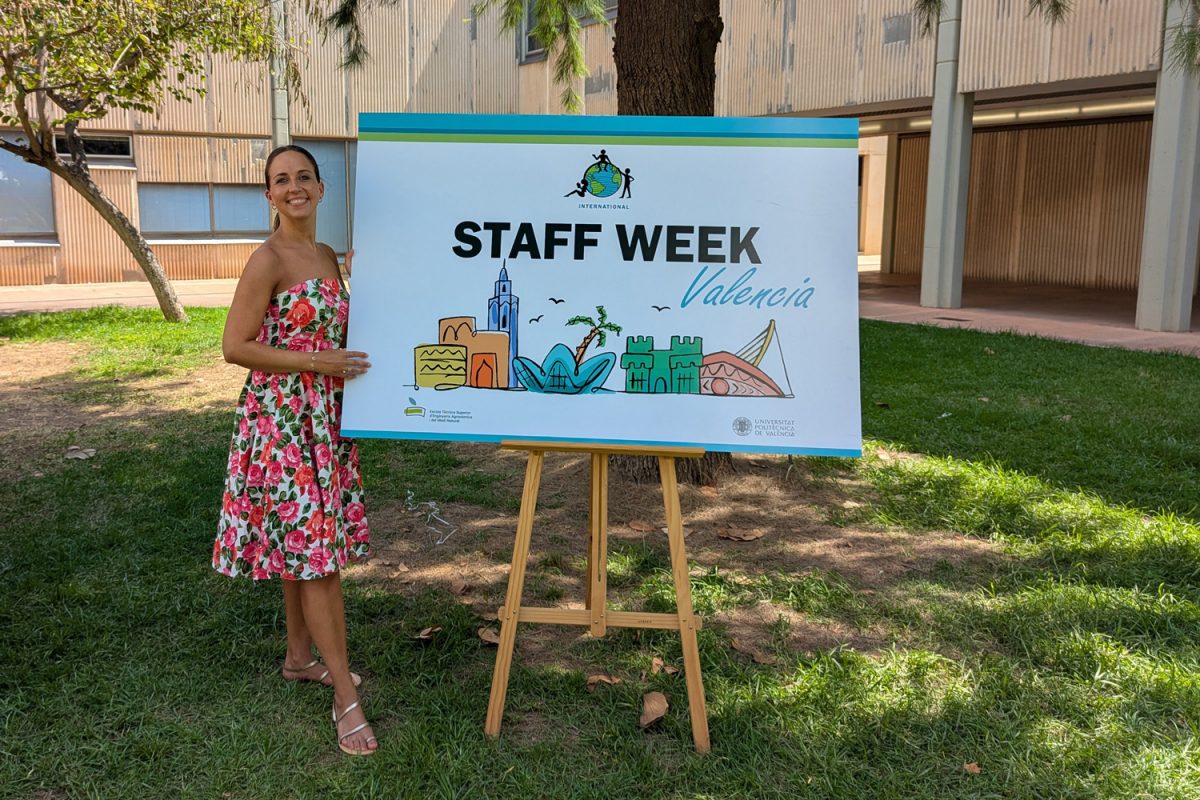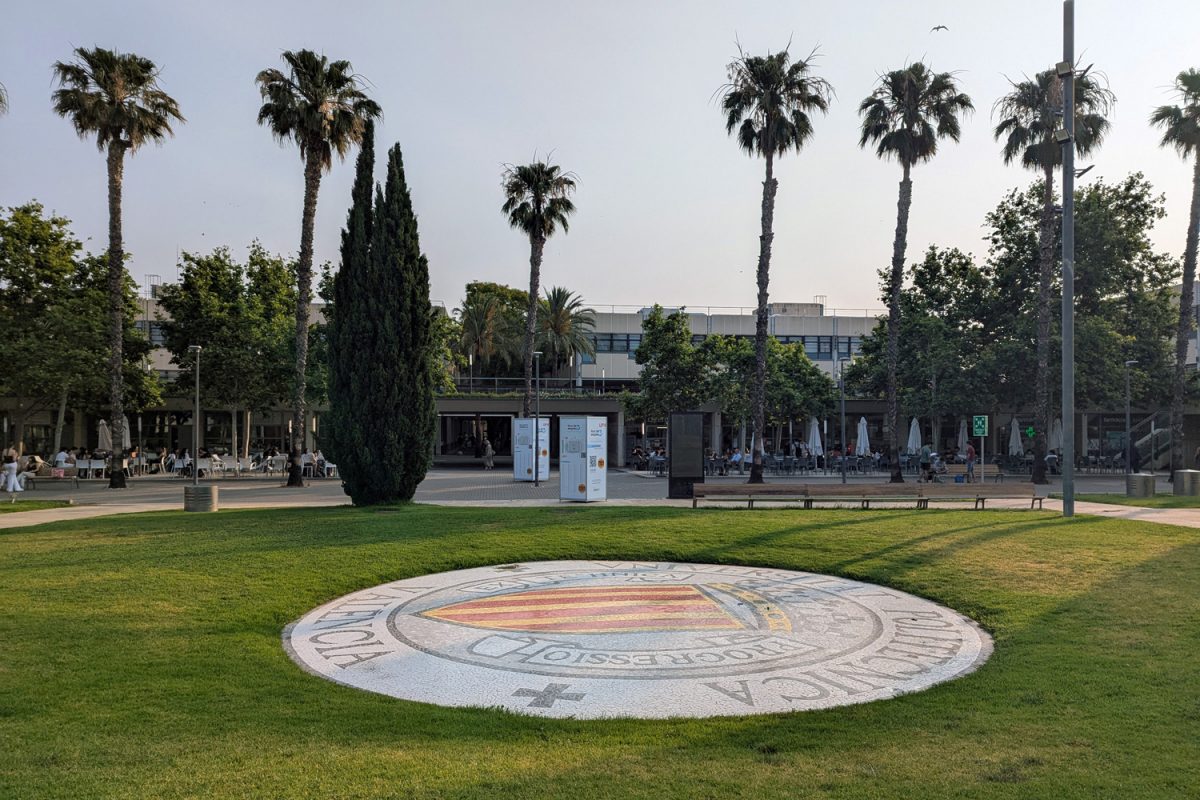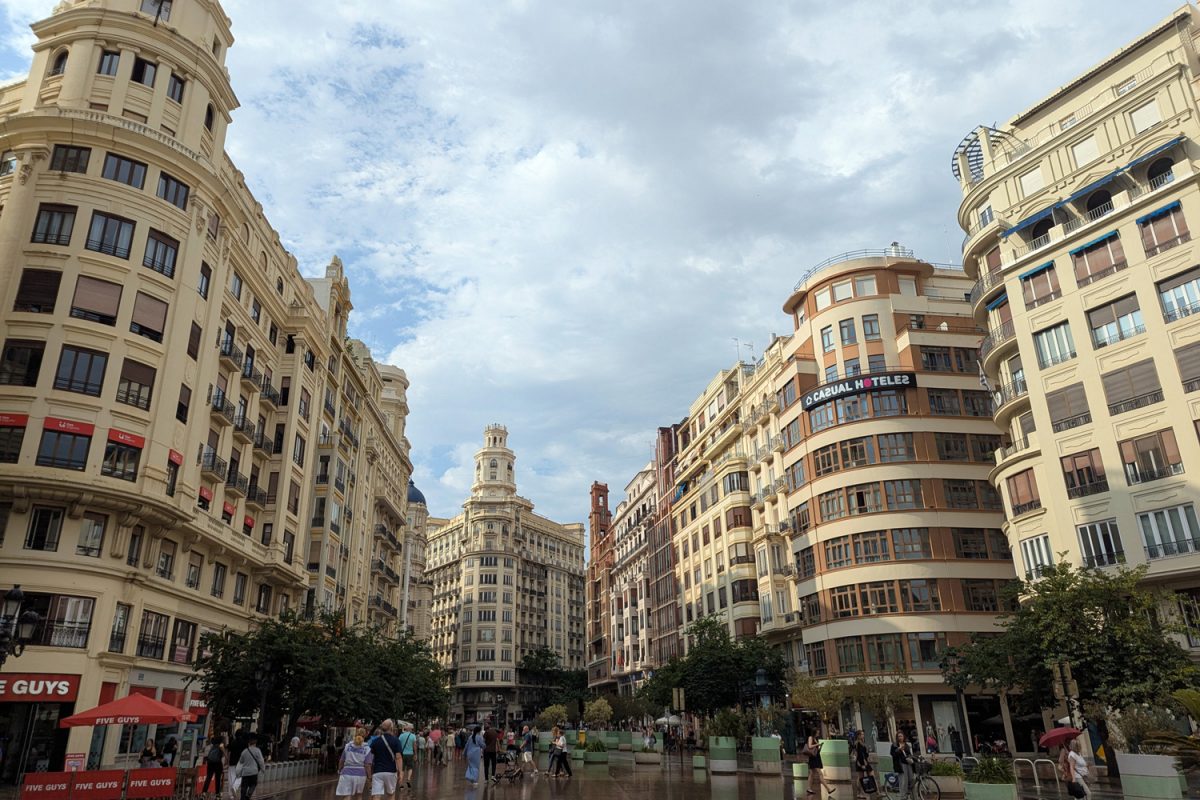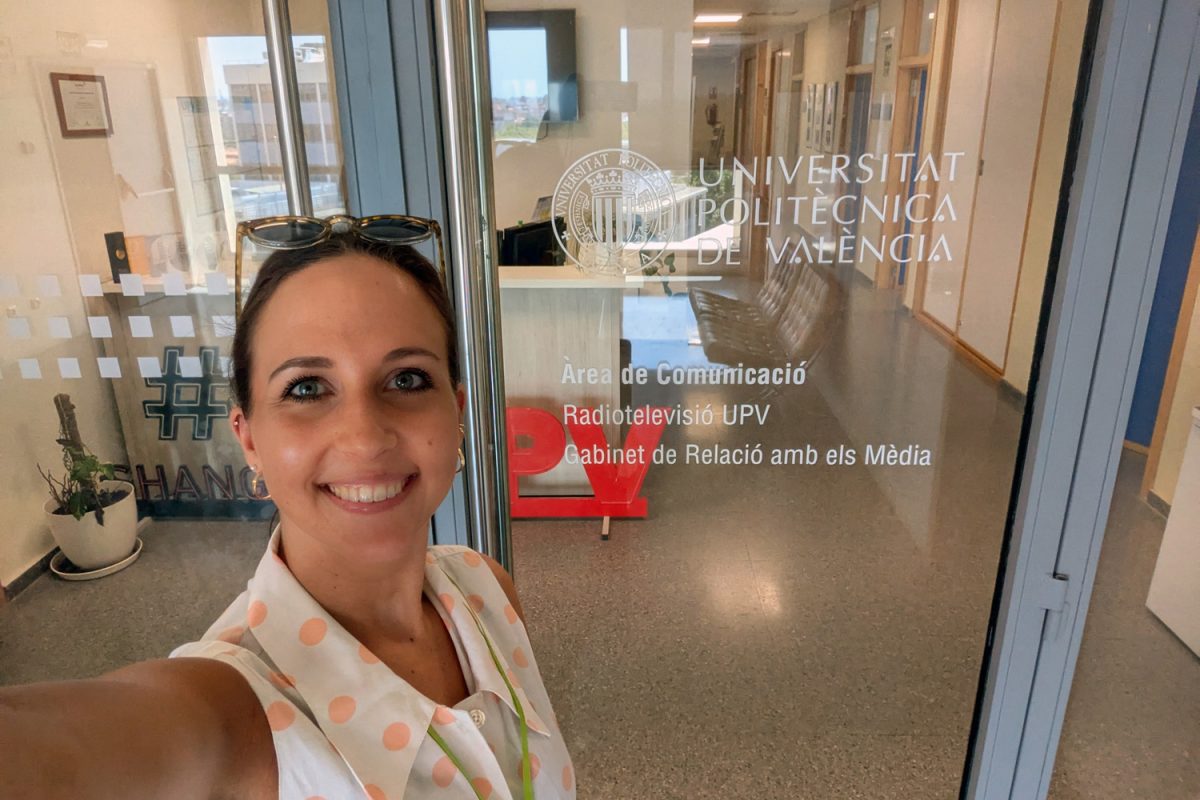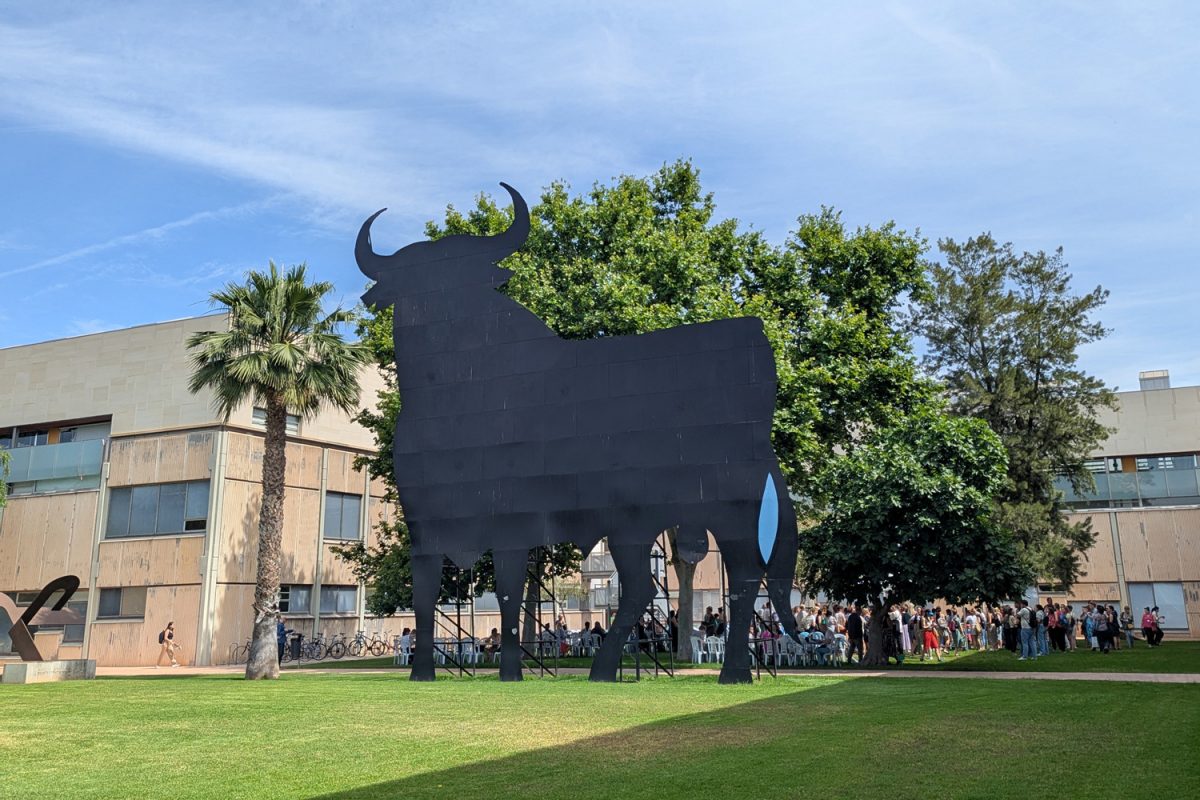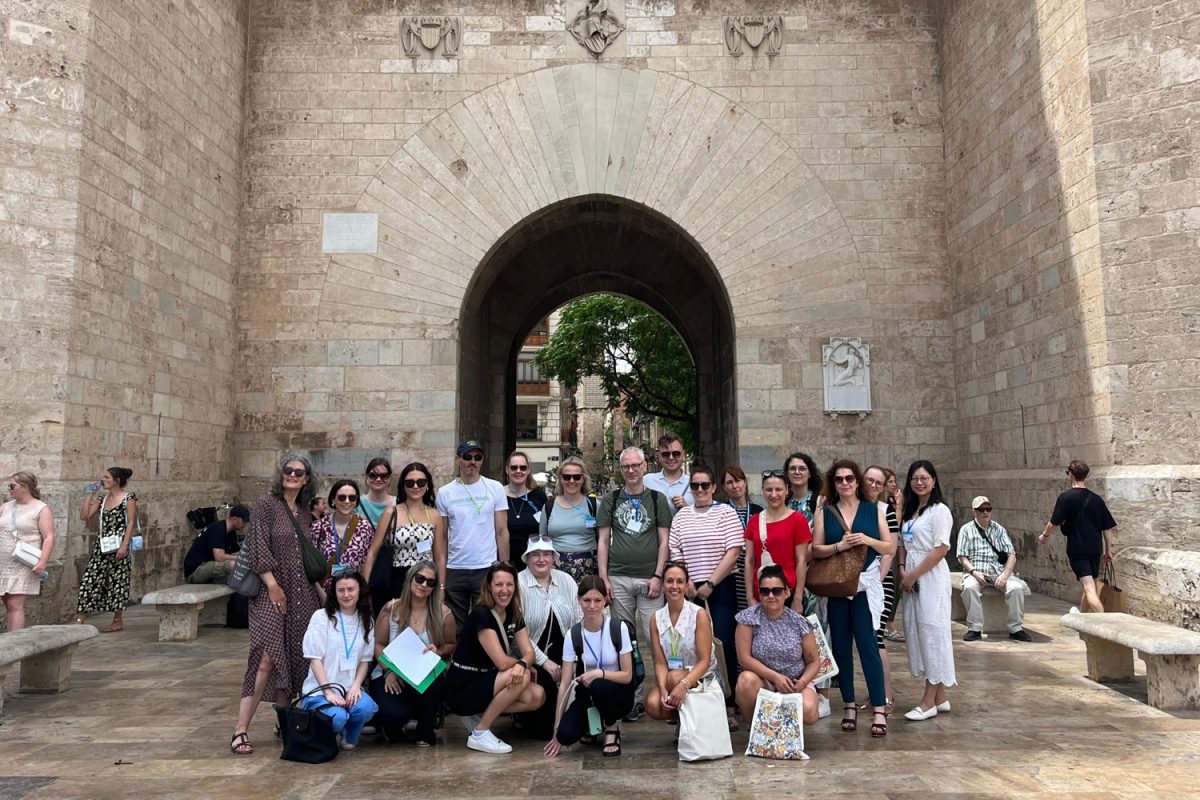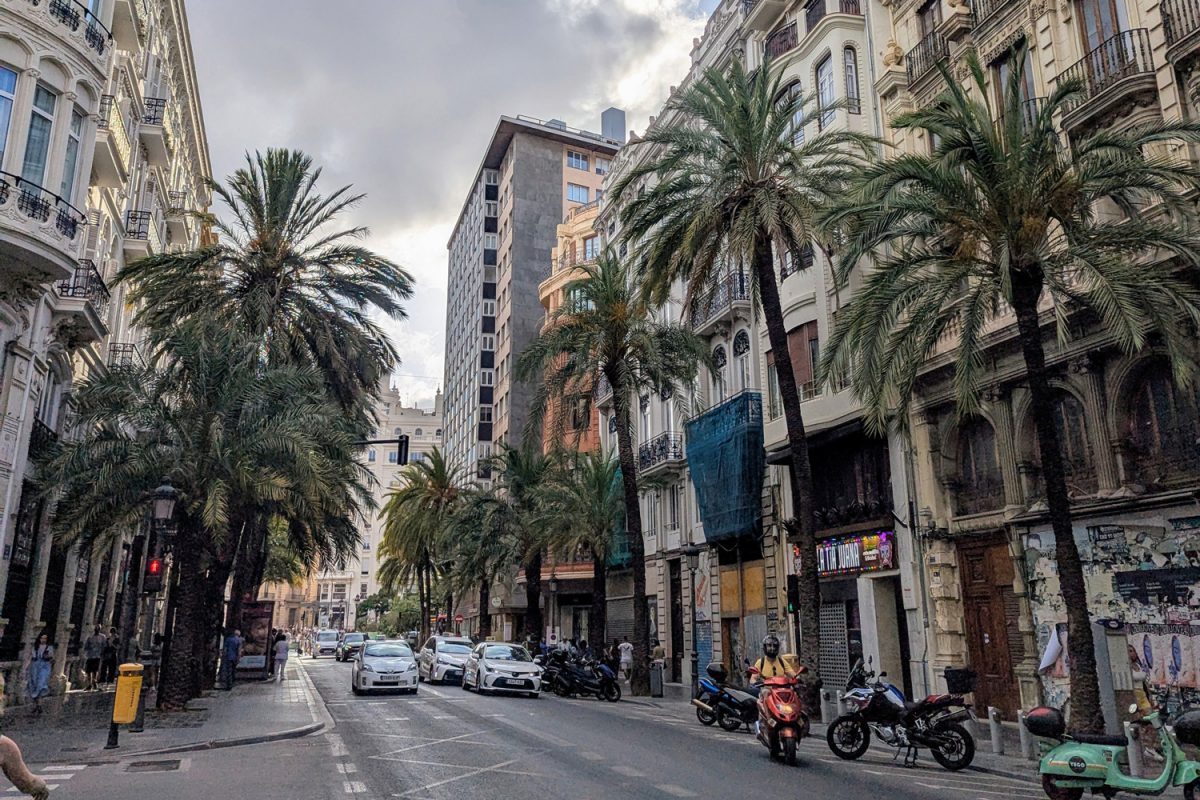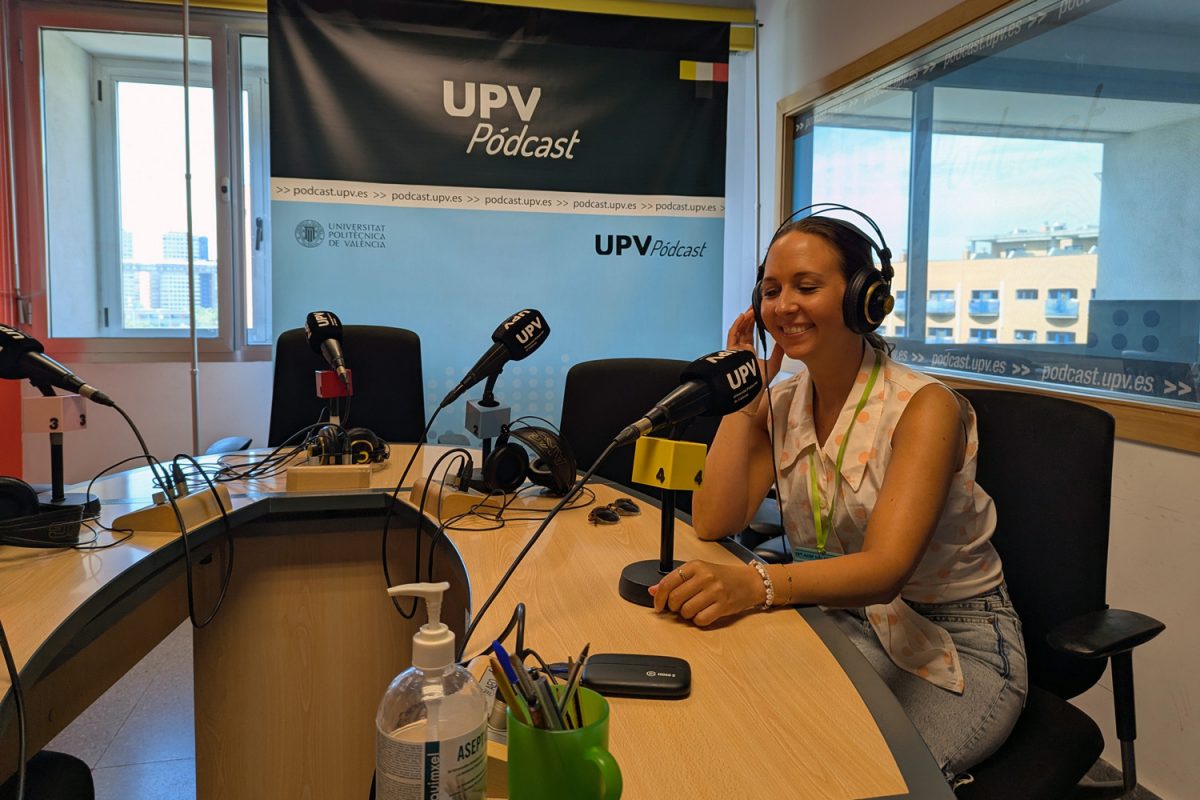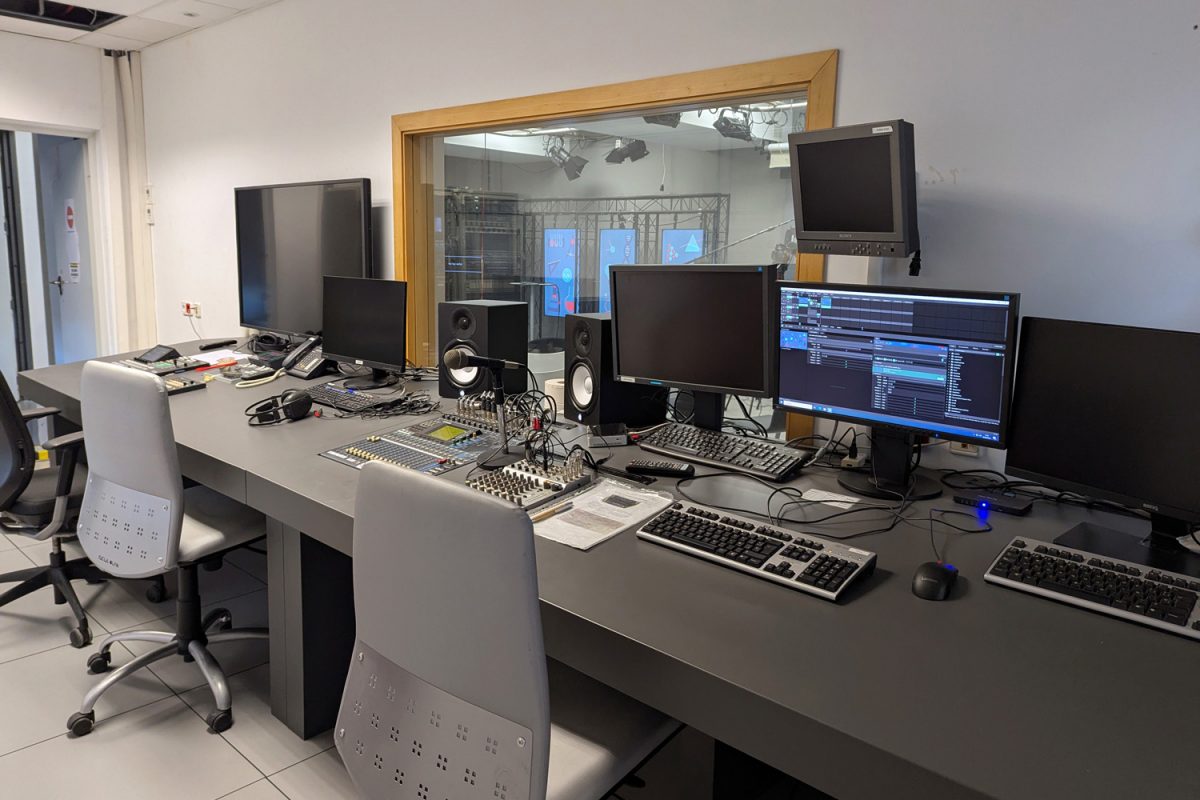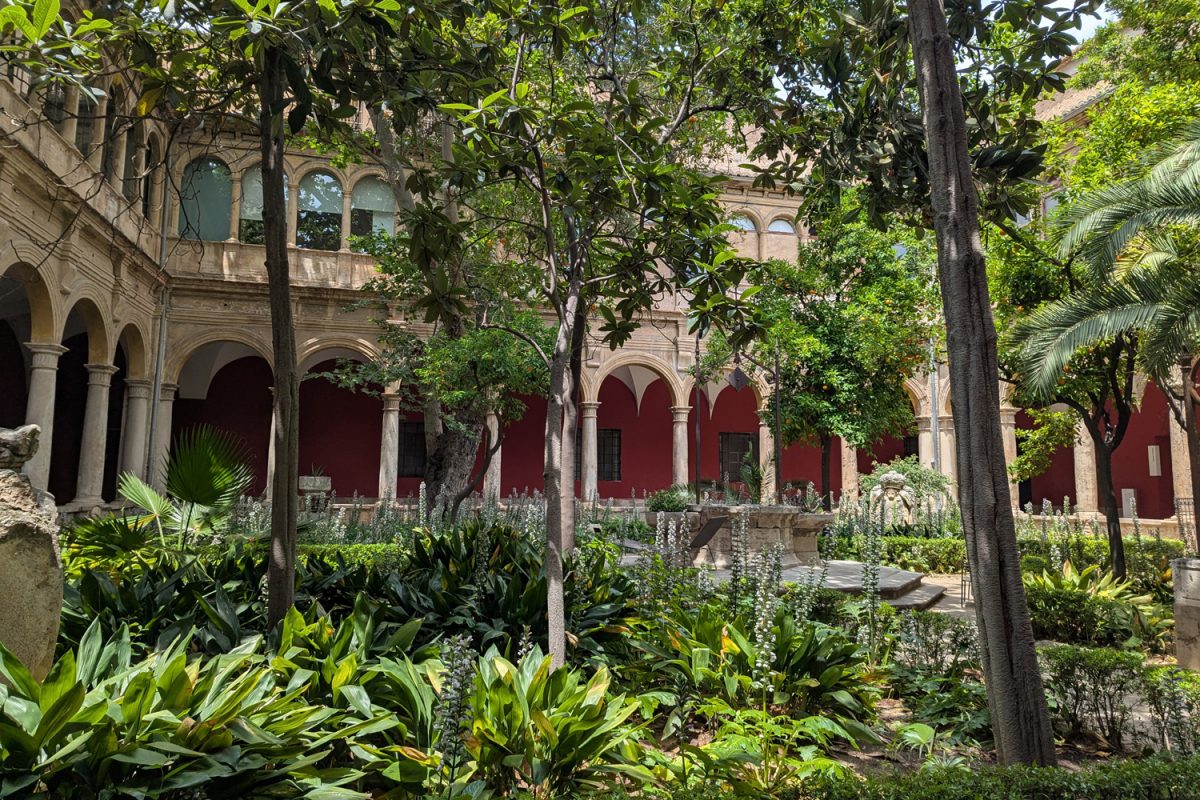Mail from … Valencia Jessica Katharina Lüders reports on the staff week at the Universitat Politècnica de València
Since November 2023, Jessica Katharina Lüders has been working as a social media editor in the Press and Communications Department and as a project coordinator for degree programme marketing at the Faculty of Mechanical Engineering at TU Braunschweig.
General Information
Why I decided to spend time abroad:
Since my Erasmus semester as a student at the University of Copenhagen, I have been passionate about gaining new experiences abroad and developing myself both personally and professionally. The stay abroad under the staff mobility programme was the perfect opportunity to see how another European university operates and to bring fresh inspiration back to TU Braunschweig.
How I organized my stay abroad:
I applied for my placement abroad through the Erasmus+ staff mobility programme at the International House. Once my application was approved, I registered for the Staff Week at the Universitat Politècnica de València. Finally, I booked my accommodation and arranged my travel to and from Valencia.
Challenges and highlights of the organization:
I was very pleased that the application process and submission of all required documents were comparatively simple and straightforward. The support from Francesco Ducatelli, head of the Mobility Office, was outstanding.
Here’s how I prepared for my time abroad:
Besides handling the necessary paperwork, I familiarized myself in advance with the Universitat Politècnica de València and selected the workshops that best matched my interests. I also brushed up on my Spanish and, of course, stocked up on plenty of sunscreen.
How long does the stay last and on which programme is it carried out?
My Erasmus+ stay consisted of participating in a one-week Staff Week hosted and organized by the Universitat Politècnica de València.
Local Life
Here’s how I lived in Valencia:
I stayed in a small room with a balcony in private accommodation. What was particularly nice was sharing the apartment with a Spanish host couple who were about my age. This gave me an immediate social connection in Valencia and allowed me to improve my Spanish skills every day.
How the workday in Valencia differs from Germany:
In Spain, the daily rhythm is shifted: because of the midday heat, people often work early in the morning and then again later in the afternoon, with a longer lunch break (siesta) in between. I also felt that camaraderie and fun at work are valued more highly than in Germany. For example, the communications department organized numerous small team events and breakfast buffets—simply to make the day and the work a bit more enjoyable.
How I spent my evenings in Valencia?
I was fortunate to meet many wonderful people from different European countries. In the evenings, we would either go to the beach, grab something to eat, or I’d spend time on the balcony with my host couple and their friends.
The biggest challenge during my stay:
My stay in Valencia went smoothly. The biggest challenge was squeezing my rental bike upright into a tiny elevator every evening to bring it up to the apartment – you shouldn’t leave bikes on the street in Valencia at night if you want to find them again in the morning.
Good to know
This is a local dish you definitely have to try:
Definitely paella! It comes in many different varieties (with seafood, vegetarian, or with chicken) and originates from the Valencia region. With fresh oranges for dessert, the meal is perfect!
Especially typical of the country I stayed in was:
the people’s open, cheerful, and warm-hearted mentality
What faux pas should you avoid in Valencia?
If you are travelling by bicycle, you should always lock it securely and preferably bring it inside at night.
Conclusion
How do the skills and experiences you acquired abroad help you in your current position at TU Braunschweig?
On the one hand, exchanging ideas with colleagues from Germany and across Europe greatly supports my work: it’s invaluable to hear about other universities’ experiences and to discuss current challenges. Even though we operate in different countries, many of the problems are comparable—and so are the solutions. Furthermore, in my specific field it was particularly exciting to learn about other universities’ marketing campaigns and draw inspiration for our own. For example, after the Staff Week one participant sent me materials and merchandise from her latest campaign—among other things, a jute tote bag that I now proudly carry.
What I personally gained from my time abroad
I not only forged many valuable contacts with people from across Europe, but also refreshed my language skills and got to know a large university in a city that was new to me. I am very grateful for this opportunity and would encourage everyone to take advantage of the ERASMUS+ staff mobility programme.
What I’m bringing home with me:
A ceramic swallow—very typical of Valencia—and the desire to return there again soon.
Here’s the tip I’d give to colleagues planning to go abroad:
Just go for it—and be brave enough to reach out to others or share accommodation with fellow participants. The most valuable experiences always come from conversations and shared adventures.

